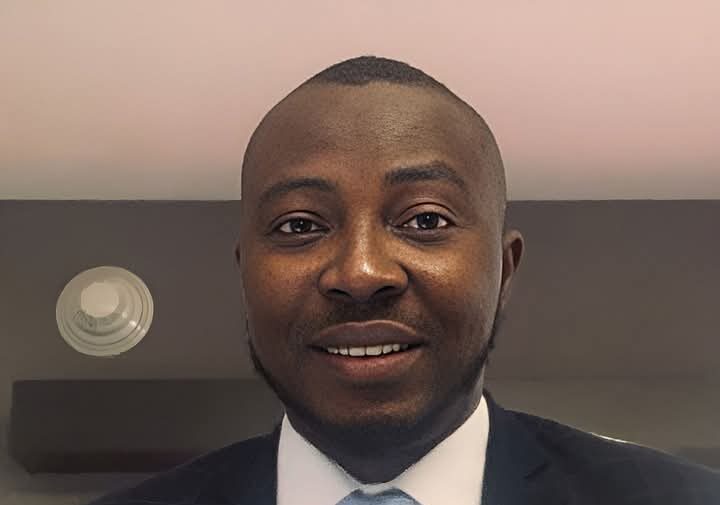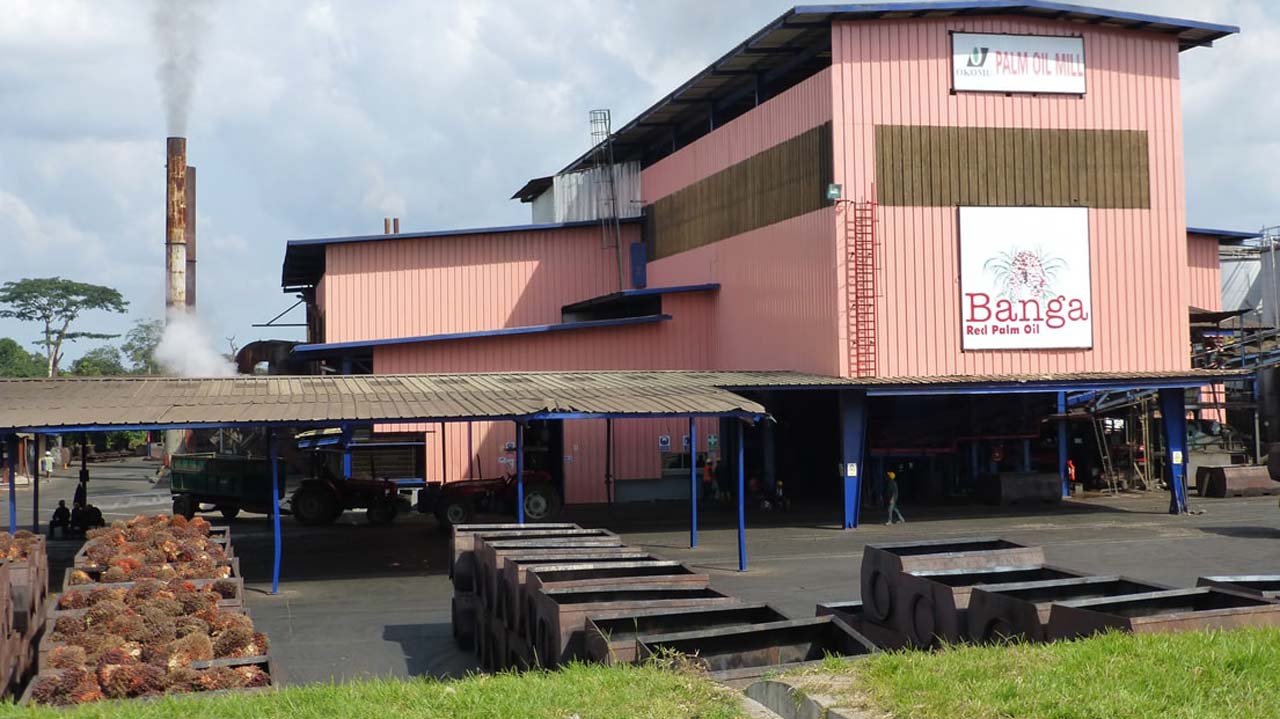By Babafemi A. Badejo,
It’s a shame that we all must bow out. Raila’s turn came on 15 October in India, far away from Bondo, Kisumu, Nairobi, or even Addis Ababa, Africa’s political capital, seeking medical support that mismanaged Africa could not provide. The departure of Raila Amolo Odinga from the African stage closes a defining era for the African continent. The Kenyan “Enigma” (locally converted to “Engima”) stood tall, at times alone, but with a sustained loyal crowd in his strive for utmost freedom in Kenya and beyond. For him, democratic struggle must genuinely deliver to the “Wananchi”; that is, governance is for the people. His name became a metaphor for courage – which is lionic, resilience, and the eternal pursuit of justice. Yet, behind the legend was a man of humour, and humility, whose friendship I was privileged to share. That friendship started when I approached him to support the campaign for freedom for Olusegun Obasanjo, when the General and later President, was in the Sani Abacha gulag. As at then, he had not known Obasanjo beyond being in the crowd of an Obasanjo-led meeting on rounded development for Africa in Kampala.
Origins of a Relentless Spirit
Raila Odinga was born in January 1945 into one of the families that personified Kenya’s liberation heritage. His father, Jaramogi Oginga Odinga, was a central architect of Kenya’s independence and the nation’s first Vice President. Jaramogi had written Not Yet Uhuru in the quest for utmost freedom in Africa. That lineage bestowed both an inspiration and a burden — the expectation to serve and the inevitability of conflict with power. Raila lived up to and went beyond expectation.
Educated in East Germany during the 1960s, Raila absorbed a disciplined work ethic and a belief in social equity that would later inform his political philosophy. Trained as an engineer, he entered public life, not as a career politician, but as a technocrat who understood that structures — whether of steel or governance — must rest on integrity if they are to endure.
The events of 1982, following the failed coup against President Moi, changed his destiny. Accused of complicity, he spent nearly a decade in detention without trial. Those dark years produced neither bitterness nor surrender. They refined his resolve and gifted Kenya a leader who understood the price of freedom in personal terms.
The Long March Toward Democracy
Raila’s release coincided with Africa’s broader wave of democratic reawakening. In the early 1990s, he emerged as a principal architect of Kenya’s multiparty movement, confronting entrenched authoritarianism with rare fortitude. When the one-party system crumbled, it was due in no small measure to his agitation, persistence, and charisma.
From that point forward, he became an indispensable constant in Kenya’s political evolution — whether in Parliament representing the Kibera slum of Nairobi, in the Cabinet, or on the campaign trail. His imprint on constitutional reform culminated in the promulgation of the 2010 Constitution, which redefined power through devolution and expanded citizen rights. That achievement, more than any election, represents his enduring institutional legacy. He contested the presidency five times and lost but used an occasion to show that Judges in Africa could be fearless by his leading the annulment of the electronically rigged election by an incumbent, leading to a re-run that he chose to stay away from, as all indications showed that there would be a fraudulent re-run. In the 2017 Kenyan Election, I joined my voice to the plea for peace, urging the now late Raila and his supporters and Uhuru Kenyatta, on the other side, to tread cautiously.
Conversations Beyond Politics
My relationship with Raila grew from scholarly inquiry into friendship. Writing Raila Odinga: An Enigma in Kenyan Politics required rigorous detachment. The engagement with my subject gradually became a dialogue between two Africans preoccupied with the same question: How can power be made to serve rather than subdue our people? This intellectual project, alongside my career as an international servant with the United Nations, made Kenya become my second home.
Raila approached criticism with curiosity rather than defensiveness. When he read drafts that scrutinised his tactical choices, he laughed gently and said, “Badejo, the path of change is never straight; you bend so the tree does not break.” That blend of self-awareness and pragmatism defined him. He never saw disagreement as disloyalty. To him, inquiry was respect.
Our conversations ranged from constitutionalism to the psychology of leadership. He admired Nigeria’s intellectual vibrancy and often drew parallels between Kenya’s coalition politics and Nigeria’s federal negotiations of diversity. It was therefore natural that he found an appreciative audience among Nigerian readers and thinkers.

Memorable Nigerian Visits
Raila’s relationship with Nigeria extended beyond diplomatic courtesy. He popularised the Nigerian style of dressing in Kenya in the early 1990s. That dressing received the tag of “opposition dressing”. His kinship relationship with Nigeria was vividly illustrated during his visits. At different times, he delivered public lectures under the auspices of The Guardian and Leadership newspapers. Both engagements revealed the continental breadth of his thought. In Lagos, he stressed the need for “Africa’s Second Liberation.” He argued that “true freedom begins when leaders refuse to weaponise poverty.” In Abuja, he argued on the sanctity of elections to enthrone leadership but warned on the over-reliance on machines as solution to electoral integrity. He went further to articulate a vision of connectivity – roads, energy, trade etc., as the arteries of Pan-Africanism. He argued that without physical integration, political rhetoric would remain hollow.
One memory of Raila Odinga remains vivid. During a Commonwealth-inspired visit to serving President Olusegun Obasanjo, Raila took a short detour to my residence in Lagos. I was at the airport to receive him and planned to, with a horde of security personnel (after all, he was a guest of the Commander-in-Chief), drive to my residence, as opposed to spending his transit time at a Government Guest House. The security details were nowhere to be found, and we disappeared to my residence. I had invited a few close friends for him to interact with, to get a feel of the reactions of Nigerian to the much publicised, “Third Term Agenda,” which was his mission.
While driving to the airport to catch the Abuja flight, and with Jumoke, my wife, behind the wheels, he realised he had forgotten his briefcase after a sumptuous meal and intellectual reunion. This interaction was reminiscent of Mama Ida’s several home cooked meals, as I went all over with him during my days of sojourn in Kenya. He decided we should both alight and that my wife should go for his briefcase. We paced along the road, and no-one paid us attention. He made me realise a major cost of leadership in much of Africa: the loss of freedom. In his characteristic style of witty comments, as if grunting, he said: “Femi, I feel wonderfully free as I am unnoticed by passers-by – no security, no cameras, no chants of ‘Baba talk to us’!” He laughed heartily relishing his temporary liberation from his yoke of being a celebrity, savouring anonymity as luxury. That moment captured the essence of Raila beyond the rallies and headlines: a human being who valued simplicity and friendship.

Pan-African Convictions
Raila’s intellectual reach was continental. He believed democracy and development were inseparable, that Africa’s unity must be grounded in infrastructure, trade, and education rather than slogans. His attempt to serve as chairperson of the African Union Commission stemmed from conviction, not ambition. He envisioned the AUC as a vehicle for pragmatic integration — streamlining bureaucracy, promoting intra-African commerce, and protecting constitutional order across member states. He would have built towards a more energised African Union. But he lost.
The Private Man Behind the Public Struggles
To many Kenyans, Raila was the indefatigable warrior — eloquent, sometimes fiery, unafraid to confront authority. But those who knew him intimately saw also the gentle humour, the empathy for ordinary citizens, the appetite for ideas, and the abiding curiosity about the world.
He loved football and storytelling. He could recall scores from decades past, and his laughter would fill a room when trading banters about football. His humility in private moments disarmed even those intimidated by his public aura. He had a quick grasp of people and their motives. He learnt to be patient in listening after his harrowing detention by President Daniel Arap Moi mellowed him.

Friendship and Integrity
Our friendship endured through candid critique. I often reminded him that political movements risk personality cults; he countered that movements die without emotional connection. These exchanges were never superficial – they reflected his lifelong negotiation between charisma and institution-building.
Raila valued integrity above convenience. He forgave easily but rarely forgot lessons. His decision in 2018 to reconcile with President Uhuru Kenyatta through the famed “Handshake” surprised allies (including myself), and critics alike. Yet, it was consistent with his belief that peace, however imperfect, is preferable to paralysis. The act lowered national tension and enabled a measure of reform continuity. It was quintessential Raila: bold, pragmatic, and human unworried about the possibility of another betrayal.
An Enduring Legacy
Raila Odinga’s contribution to Kenya and Africa transcends electoral politics. He expanded the space for dissent, legitimised opposition as patriotic duty, and demonstrated that losing an election need not equate to losing relevance. His fingerprints are visible on Kenya’s constitution, its infrastructure vision, and its political vocabulary.
He leaves behind not a vacuum but a challenge — to his compatriots and to Africa’s leaders — to consolidate the democratic gains he fought for. He showed that politics could be moral without being naive; that reform demands patience, resilience, and empathy.
Across the continent, his name joins the roll of reformers who refused to compromise the idea of accountable governance. Like Nyerere, Sankara, and Mandela, he reminded Africa that struggle is generational, not episodic.
His passing invites reflection on the unfinished work of African democratisation. The institutions he strengthened must now prove worthy of his faith. Kenya’s civil society, devolved structures, and youthful electorate represent the living testament to his life’s labour.

Farewell to a Comrade in Thought
As I write, memories crowd in: His laughter during long strategy sessions in Nairobi; his spontaneous wit during interviews; his quiet appreciation of art and history; his ability to shift from political rhetoric to intellectual discourse without losing authenticity.
Raila Amolo Odinga was not flawless – no transformative leader ever is – but he was profoundly consequential. He humanised power. For him, leadership must deliver utmost freedom, including from want for most people. For those of us who studied him, worked with him, and shared his hopes, his death is not an end. It is a summons to continue the Pan-Africanist dialogue he began.
Farewell, my friend and subject, the enigma who became an institution; the politician who remained a philosopher; the man who, even in the glare of global attention, once found joy in being unrecognised on a quiet Nigerian street.
History will vindicate the Enigmatic Lion of Kenya.
*Babafemi A. Badejo, the author of several books, including a best seller on politics in Kenya, as well as why peace has been elusive in Somalia, is a former Deputy Special Representative of the UN Secretary General for Somalia, and a former Professor of Political Science and International Relations at Chrisland University, Abeokuta. He is currently chairman of the Nigerian Bar Association, Anti-Corruption Committee and a consultant at Yintab Strategy Consults. He is the recipient of the 2025 Nelson Mandela Distinguished Africanist Award of the African Annual Conference at the University of Texas at Austin.



